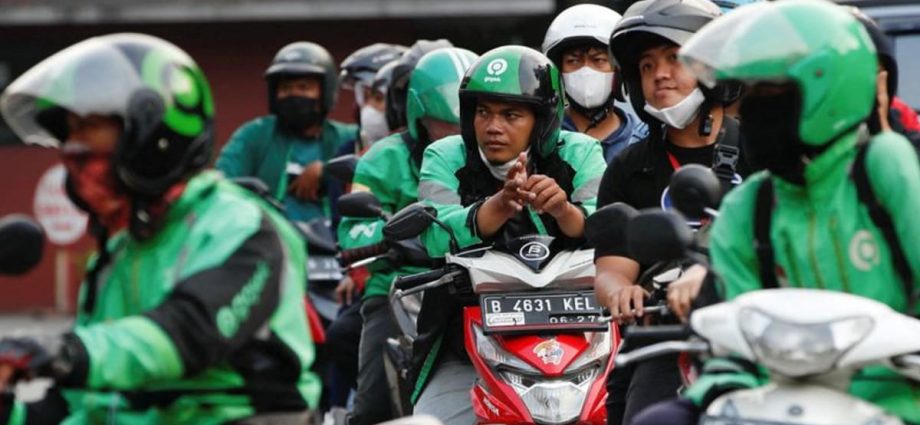
JAKARTA: Indonesia raised subsidised fuel prices by about 30 per cent on Saturday (Sep 3), top officials said, as the government moves to rein in ballooning subsidies despite a risk of mass protests.
From 2.30pm local time Saturday, within an hour after the announcement, the price of subsidised gasoline was raised to 10,000 rupiah (US$0.67) a litre from 7,650 rupiah, while that of subsidised diesel rose to 6,800 rupiah a litre from 5,150 rupiah, energy minister Arifin Tasrif said.
“I actually wanted domestic fuel prices to remain affordable by providing subsidies, but the budget for subsidies has tripled and will continue to increase,” President Joko Widodo told a news conference.
“Now the government has to make a decision in a difficult situation. This is the government’s last option,” Jokowi, as the president is known, said.
Southeast Asia’s largest economy had already jacked up its 2022 energy subsidies to 502 trillion rupiah (US$34 billion), three times the original budget, pushed by rising global prices of oil and a depreciating rupiah currency.
Finance Minister Sri Mulyani Indrawati said more money would still be needed despite the fuel price hike, with the amount depending on international crude prices.
She estimated total energy subsidies would range between 591 trillion and 649 trillion rupiah for this year following the price hike, assuming the average crude price stays in a range of US$85 to US$100 a barrel for the remainder of 2022.
Before the price hike, the budget for energy subsidies stood at 698 trillion rupiah.
“We are monitoring the impact (of the measure) on inflation and economic growth, as well as poverty,” Sri Mulyani said.
High energy subsidies had previously kept Indonesia’s inflation low, allowing the central bank to delay raising interest rates until last month, well behind regional and global peers. The August inflation rate was 4.69 per cent.
Hariyadi Sukamdani, head of business group Indonesian Employers Association, said overall price pressure from the fuel price hike would not be too much, expecting inflation to top 6 per cent at the end of the year.
“If prices of goods are too expensive, people won’t buy. We can’t raise prices too much,” he said.
Businesses are using non-subsidised fuels, but the price hike will affect logistics costs, Hariyadi said.
Bank Indonesia Governor Perry Warjiyo said last month monetary policymakers would re-assess the inflation outlook in response to the government’s fuel price policy. The bank holds a two-day policy meeting ending on Sep 22.
Fuel prices are a politically sensitive issue in Indonesia, and the changes will have major implications for households and small businesses, as subsidised fuel accounts for more than 80 per cent of state-owned oil giant Pertamina’s sales.
The last fuel price hike was in 2014, months after Jokowi took office, aiming to free up fiscal space. That sparked protests across the archipelago.
Trade unions had previously threatened to strike if the government went ahead with a fuel price hike.
The government has allocated an additional total of 24.17 trillion rupiah for cash handouts to help the poor cope with the policy’s impact, Jokowi said.
Immediately after the price hike announcement, Pertamina said it was committed to ensuring adequate fuel supplies nationally.
Cars were seen queuing in some gas stations in the capital Jakarta after the announcement.
Pertamina, Asia’s biggest gasoline importer, has already deferred some of its gasoline deliveries for September ahead of the price hike, due to an expected drop in fuel demand, traders said.
Decades ago, Indonesia was once a major oil exporter, becoming a member of the Organization of Petroleum Exporting Countries (OPEC) in the 60s, but its oil output has since declined and it turned to be a net oil importing country in the 2000s. Indonesia is still an exporter of gas, however.

